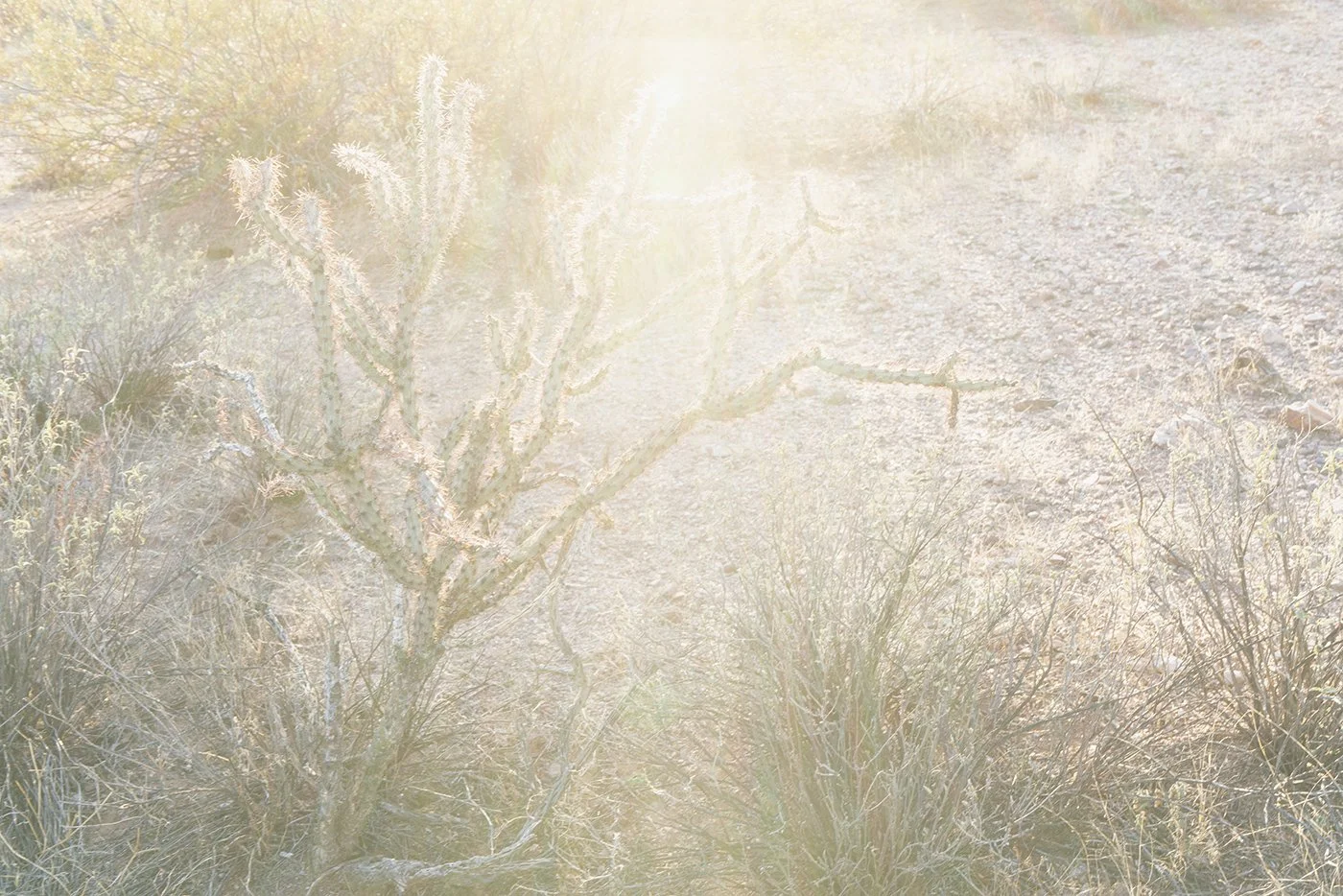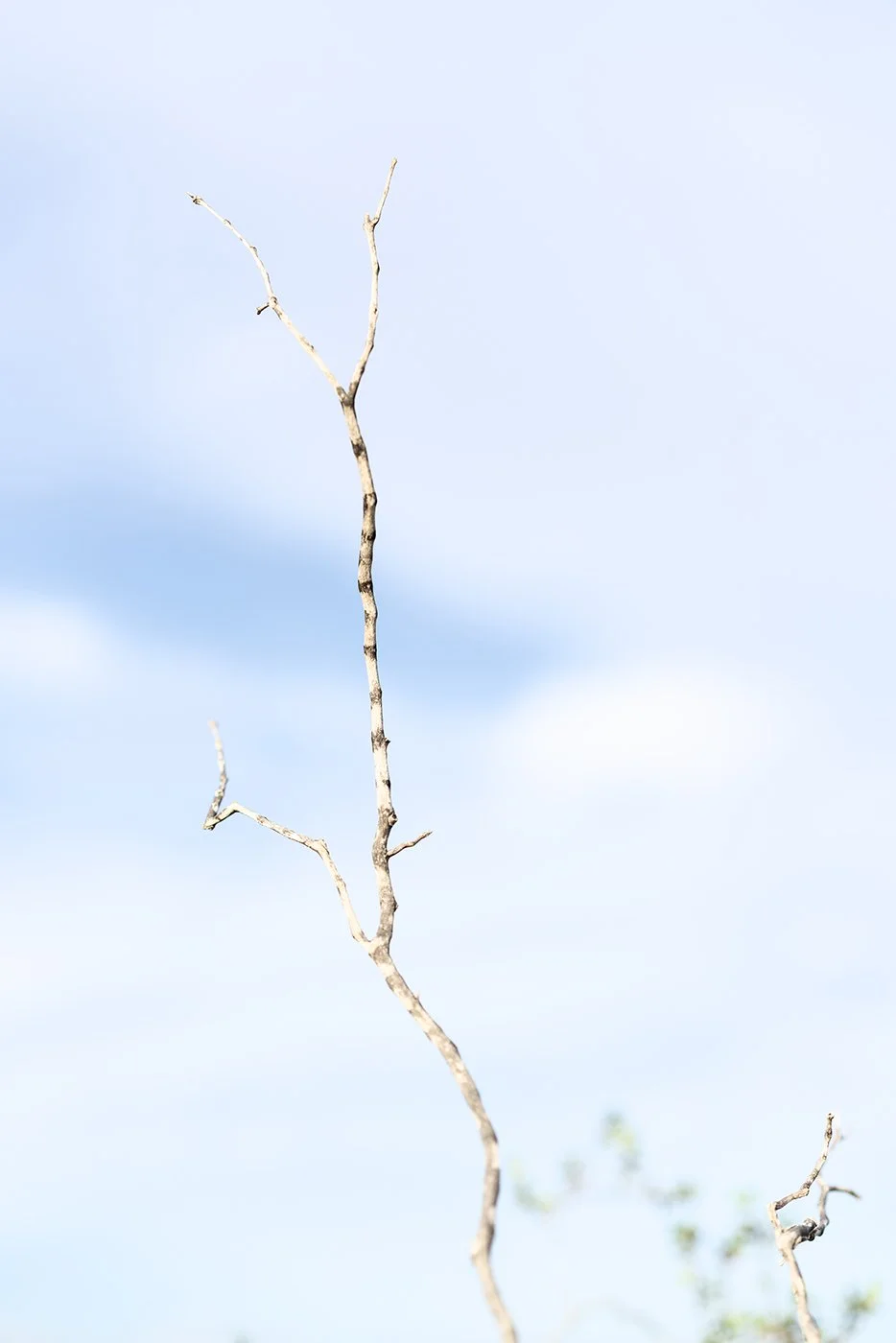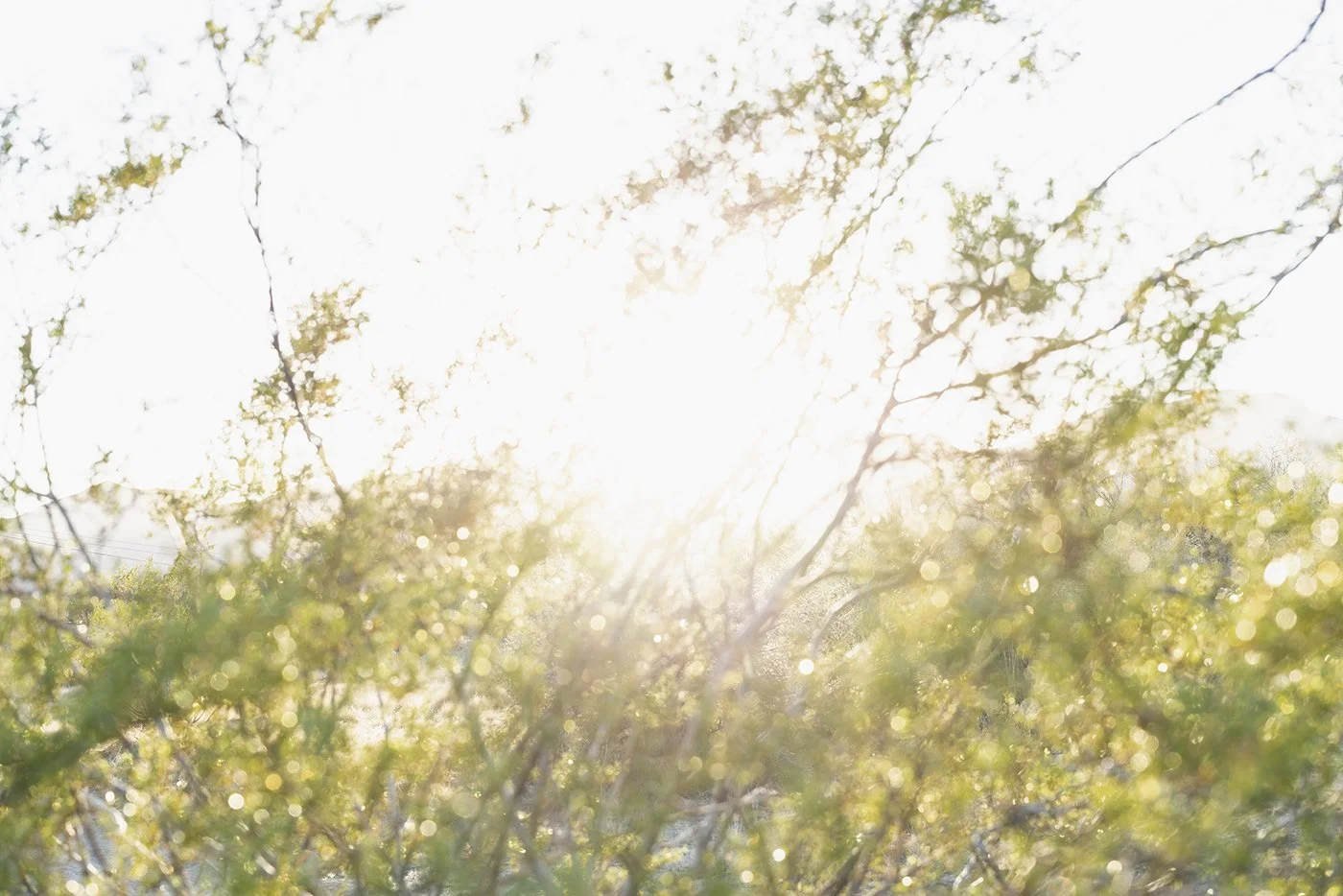ELIZABETH Z. PINEDA
Sin Nombre en Esta Tierra Sagrada: Imagining Your Last Breath
Surprise, Arizona • elizabethzpineda.com





-
Late one night in March of 2021, I was researching migrant archives on the internet when I landed on Humane Borders' page for Migrant Death Mapping. I had known about the maps before but clicked on download, thinking I would get the latest available map. Instead of a map, I received the HTML version of the record kept by the Pima County Office of the Medical Examiner and Humane Borders containing all of the information relevant to every migrant deceased body found in the Arizona desert. That night, in shock, anger, and pain, I wept and wept as I scrolled through the endless archive. That night, the red dots on the maps were no longer dots but human beings. That night, this archive became the heart of my thesis. That night, I vowed to bring awareness to this living document and the tragedy of human loss in this terrain.
Imagining Your Last Breath is a meditative series of works rooted in the Arizona landscape. This body of work is one of a larger project, Sin Nombre en Esta Tierra Sagrada. The works honor the thousands of migrant lives lost while attempting to cross the Sonoran Desert. Branching off my personal immigrant experience, I aim to expand the narrative, give voice to these people, and bring light to their humanity.
In all its beauty, the Arizona desert has become a place that holds unimaginable despair and sorrow. The luminous landscape is one many migrants cross in desperate need of a new home, opportunity, and a better, safe life. Men, women, and children will take this path when all others are exhausted. They risk everything in pursuit of the American Dream. This journey, heartbreakingly, will often lead to death.
Through evocative, non-representational works, I imagine and suggest the moments right before the migrants perish. Respectfully, I consider and reflect on the lives lost that ultimately reside within the desert soil.
-
Archival pigment on natural fiber papers (Awagami Murakumo and Mitsumata and Hiromi Azuka). Varied sizes according to space (63 x 42" and 34 x 51", 42 x 28", 30 x 20", 20 x 13.5", 15 x 10", some smaller at 7 x 5", 5 x 3.75".)
